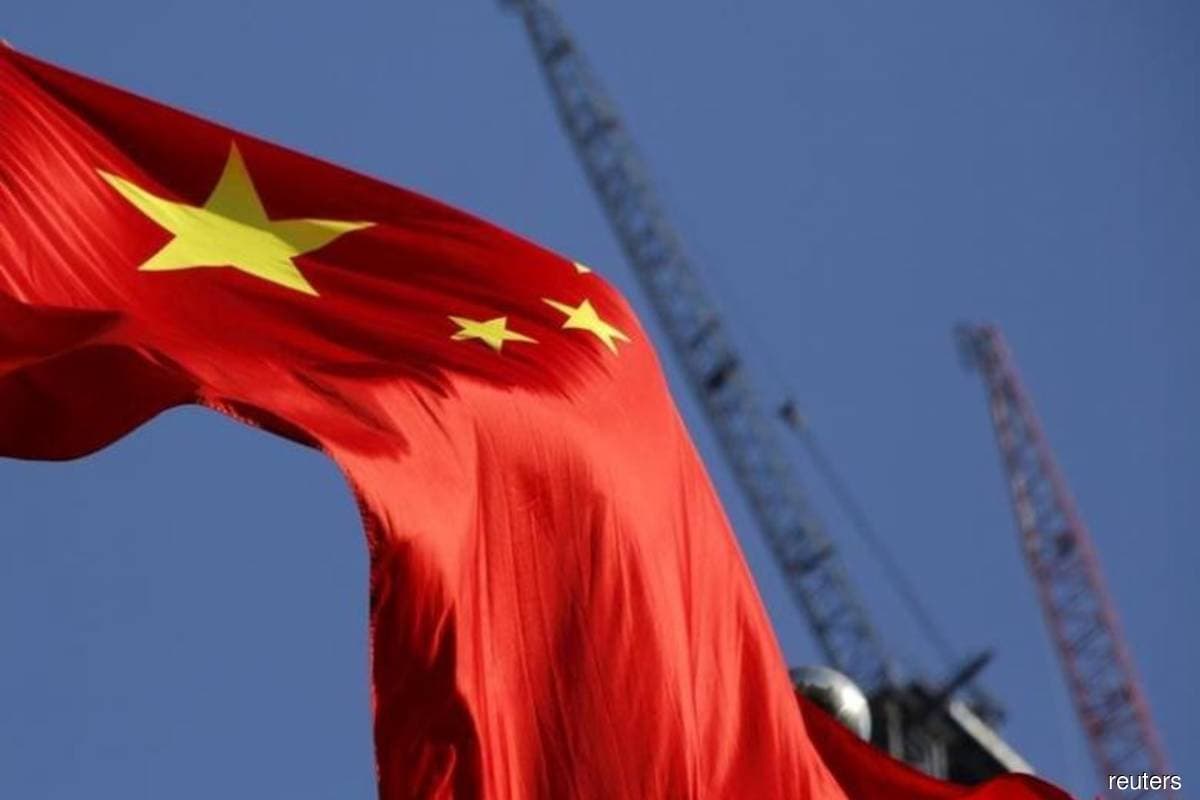
(Jan 17): China’s reopening and the resilience of advanced economies provide hope for the world to weather 2023, even if some struggle to grow, according to a panel in Davos on the prospect of a recession.
Against a backdrop of gloom within the business world and among forecasters as the World Economic Forum began, speakers at the Swiss resort on Tuesday (Jan 17) congealed towards cautious optimism for the global outlook.
“If we look at the key event this year so far, definitely the reopening of China has to be the major event,” said Laura M Cha, the chair of Hong Kong Exchanges and Clearing. “The lockdown of the last three years has created pent-up demand domestically, so I would see increased domestic consumption, and of course, the manufacturing sector will pick up. All those will be good factors for global growth.”
Counterparts on the panel chaired by Bloomberg Television’s Francine Lacqua also shared hope that the rest of the world from the US to Europe will either skirt potential slumps, or emerge from them relatively unscathed.
“We expect there will be a slowdown and light recession in the European Union, the UK and the US,” said Douglas L Peterson, the chief executive officer of S&P Global Inc. Even so, he predicted “net-net, growth globally this year”.
With economies from the US to Europe suffering a once-in-a-generation cost-of-living shock, and reeling from unprecedented central-bank action to bring inflation under control, how China fares as it thaws from years of restrictions will be crucial for the world.
The comments on the impact of its momentum after the end of its Covid-19 lockdowns followed a report hours earlier showing some resilience in Asia’s dominant economy, even as the virus swept the nation. While gross domestic product growth of 3% last year was the second slowest pace since the 1970s, fourth-quarter and December data were better than anticipated.
Citing a growth forecast of around 4.5% for China this year, Credit Suisse Group AG chairman Axel Lehmann said that “I would not personally be surprised when that would be topped”, adding that “hopefully, the US can avoid a recession”.
Europe is “much more challenging for the energy situation”, he said, though some optimism about the region’s prospects was offered by Portuguese central bank governor Mario Centeno, a former chair of the eurozone’s group of finance ministers.
“The economy has been surprising us quarter after quarter,” he said, days after a tentative estimate of German output suggested that the region’s motor is avoiding a recession. “The fourth quarter in Europe will be most likely still positive. Maybe we’ll be surprised in the first half of this year.”
The chorus of relative optimism contrasted with a downbeat message in surveys released as the Davos meeting got under way.
Of 4,410 business leaders polled by PricewaterhouseCoopers LLP in October and November last year, 73% predicted global growth to decline over the coming 12 months. The reading was the worst since the consulting firm began polling in 2011. Two out of five even expressed concern their companies may not last a decade.
A separate survey of chief economists published by the forum found two-thirds expect a worldwide recession in 2023 as businesses cut costs, and 18% viewed such a downturn as “extremely likely”.
In explaining his view, Centeno observed that a source of resilience in Europe is the employment backdrop.
“The labour market is very, very strong,” he said. “It is the biggest pillar of our economy these days.”
Other panellists highlighted similar fundamentals throughout the advanced world.
“There’s pent-up savings, there’s pent-up demand,” said Peterson of S&P. “We’re coming into a potential recession when consumers have pretty strong balance sheets.”

